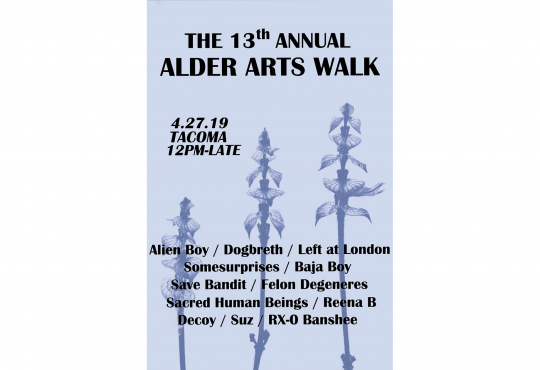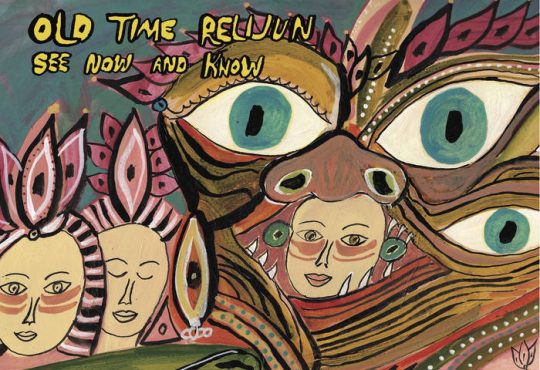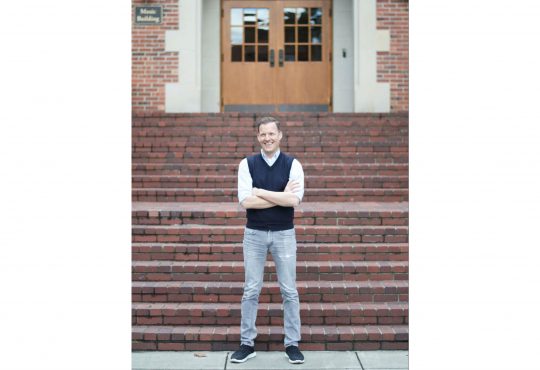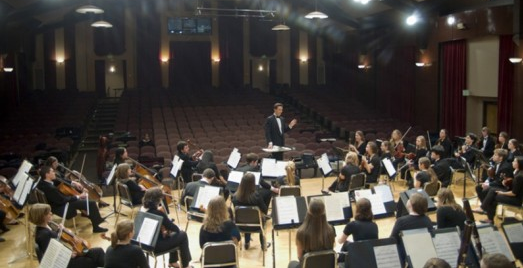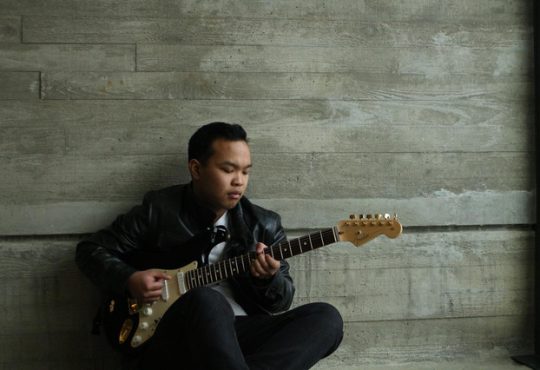From ragtime to avant-garde: Jacobsen Series ‘Celebrate Black History’ concert in review
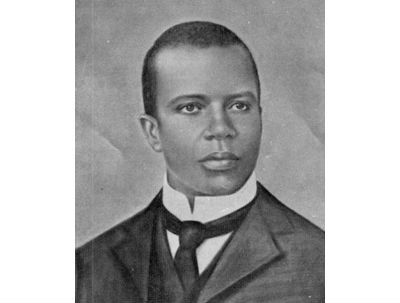
Coinciding with the beginning of Black History month, the school of music staged a Jacobsen Series concert titled “Celebrate Black History.” The program featured a wide swath of compositional styles, from ragtime jazz to experimental electronic works, performed remarkably by Puget Sound students, alumni, and faculty along with Dr. Albert R. Lee, special guest tenor and Associate Professor of Voice and Opera at the University of Nevada, Reno. The culmination of the impeccably curated setlist and a wealth of talent made for one of the best, most memorable, concerts I can remember attending in Schneebeck.
Dr. Gwynne Brown, an associate professor of music history and theory and the organizer of the evening’s concert, began the night with a rendition of a Scott Joplin’s “Magnetic Rag.” After the piece, Brown thanked all those who made the evening possible and gave what felt like an abridged lecture. She provided each featured composer with historical and biographical contexts that, while academic in tone, added depth and weight to the importance of the evening and the highlighted composers.
“My main goal is to share some gorgeous and sometimes challenging work by composers whose names and music deserve to be familiar to music lovers. This program demonstrates some of the incredible diversity of music by African American composers — from ragtime to avant-garde electronic music. I want to help create audiences that are hungry to hear more music by African Americans and other composers of color, both because the composers deserve to be recognized and because there’s a world of amazing music that audiences shouldn’t be deprived of,” Dr. Brown said.
The concert was divided into two halves, one half significantly larger in size than the other. The first half of the program featured work from a group of diversely styled black classical composers. After Dr. Brown’s Joplin performance, Brenda Miller ‘15 passionately performed a song by Margaret Bonds and Dr. Brown. The distinguished guest Dr. Lee performed a selection of four songs composed by Adolphus Hailstork featuring poetry by Paul Laurence Dunbar.
Before the intermission, a string quartet and the Puget Sound Chamber Strings performed two gorgeous pieces. The first of the two, a Florence B. Price piece, contrapuntal and angular, complicatedly wove history and spirituals through the canvas of classical music and contrasted beautifully to the smooth and swelling George Walker piece that followed it.
While the first half displayed a wonderful array of classical composition styles and talent from the performers, the second half, and final piece of the program, the piece Dr. Brown organized the entire concert around, was the showstopper: Olly William’s duet for tape and tenor, “Sometimes.”
The hall went wholly dark to signify the end of intermission and an analog tape hiss rose from depths of the disorienting blankness. The sounds grew louder, and along with it came distortions. Dr. Lee walked in from stage right to one of three music stands placed across the width of the stage, and as he stood, a spotlight illuminated and drew all focus toward him. The next 20 or so minutes was a remarkable performance of call and response of the spiritual “Motherless Child,” between an engulfing experimental atmosphere and Dr. Lee.
It was history, the pre-recorded, attempting to crawl out of from the crushing manipulation and the present, Dr. Lee, trying to reach beyond the muddy auditory film and console itself. The composition alone is a challenging, heart-wrenching and beautiful opus, but the staging, Dr. Lee’s journey from one side of the world (the stage) to the other, and his virtuosic, nuanced and emotionally poignant performance made for something unforgettable.
The goal of “Celebrate Black History” was to highlight African American composers and kick off Black History Month at the University of Puget Sound. The program introduced me, and hopefully others who did not know them, to a wealth of diverse, masterful composers. I can only hope that concerts like these, highlighting a diverse group of composers and giving performance time to pieces not written by the standard collection of white, American and European males, continue to be done at the University of Puget Sound.

